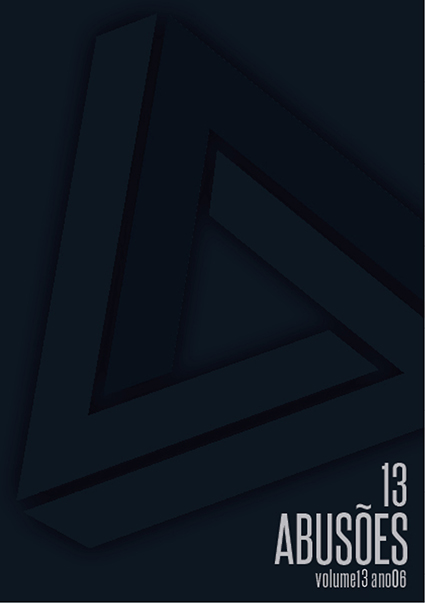THE FALL OF EVE: THE FRAILTY OF MORAL ALIGNMENT IN KILLING EVE
Hauptsächlicher Artikelinhalt
Abstract
The figure of the double (FREUD, 1955) is recurrent in investigative stories, as the very core of these works is the opposition between detective and criminal. We can read the criminal as the double of the detective in the classic detective genre; their mirror-image of dubious moral and evil acts (KEKES, 2010). As the genre evolved alongside changes in social order, this good-and-evil duality has become more blurred, culminating in the emergence of the hardboiled detective and the noir novel and their future influences. One of the works influenced by the blurring of the tenuous line between good and evil is Killing Eve (BBC America, 2018-), which presents an investigator and an assassin that have a mutual obsession. The aim of this article is to analyze Villanelle, the assassin, as the double image of Eve, the investigator, and how this mirroring results in a change of morality for Eve that represents her descent into evil actions in the first season. Considering the television series as a serialized medium product, we intend to show how a character development as a double entity throughout the series results in changes of alignment in the diegesis.
Downloads
Artikel-Details

Os conteúdos da Revista Abusões estão licenciados com uma Licença Creative Commons Atribuição-CompartilhaIgual 4.0 Internacional.

